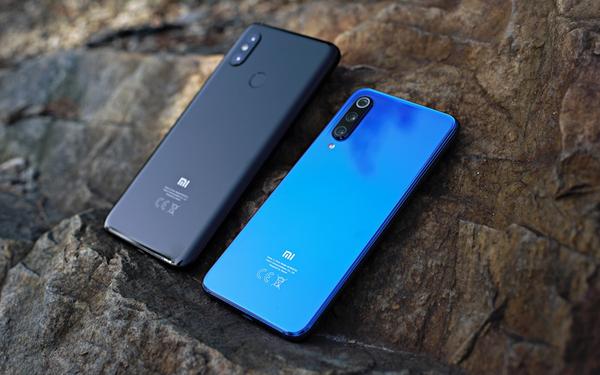Investigate against the gray market to more closely respect the international sanctions in force against certain countries. This is the dual objective of Xiaomi, which has confirmed that it has temporarily blocked its smartphones in several regions, including Iran, Cuba, Syria and even North Korea.
A Spanish Xiaomi store, for illustration // Source: Xiaomi
Xiaomi smartphones have been blocked in some markets where the brand is not present. This is what we learned this weekend from the Chinese media Global Times, which reports that Xiaomi has locked its smartphones in countries and regions such as Iran, Cuba, Syria, Crimea, Sudan or even the North Korea. So many territories targeted to varying degrees by international sanctions, in which Xiaomi has no official presence and which nevertheless take advantage of the gray market to get their hands on devices sold in other countries by the Chinese manufacturer. .
As a reminder, in its policy, Xiaomi does not allow its customers to export products to these countries and regions, but this ban has not prevented trafficking from being organized. It is to fight against the purchase of phones in one region, and their end use in another, that Xiaomi has decided to crack down.
American pressure on Xiaomi?

The firm explains that this blocking measure was applied to protect the security of its users' data, but also the rights of the consumer. Some observers nevertheless see it as a sign of American pressure on the brand to force it to act against the trafficking of its products to countries under international sanctions.
The brand speaks for its part of a "temporary" blocking of the mobiles concerned, the time of an investigation, and even explains that this blocking is now over. "The investigation has obtained significant results, and the affected devices can be unlocked now," promised a spokesperson for Xiaomi quoted by the Global Times.
As a reminder, the United States is keeping a close eye on Chinese technology brands and the sometimes murky trade ties it may have with sanctioned countries. Last year, Reuters published an investigation in this regard suggesting that Huawei had circumvented the American embargo imposed on Iran by going through Skycom Tech, an entity that Huawei initially presented as a partner, but which would in fact be a wholly owned subsidiary. managed by the group.
To follow us, we invite you to download our Android and iOS application. You can read our articles, files, and watch our latest YouTube videos.
